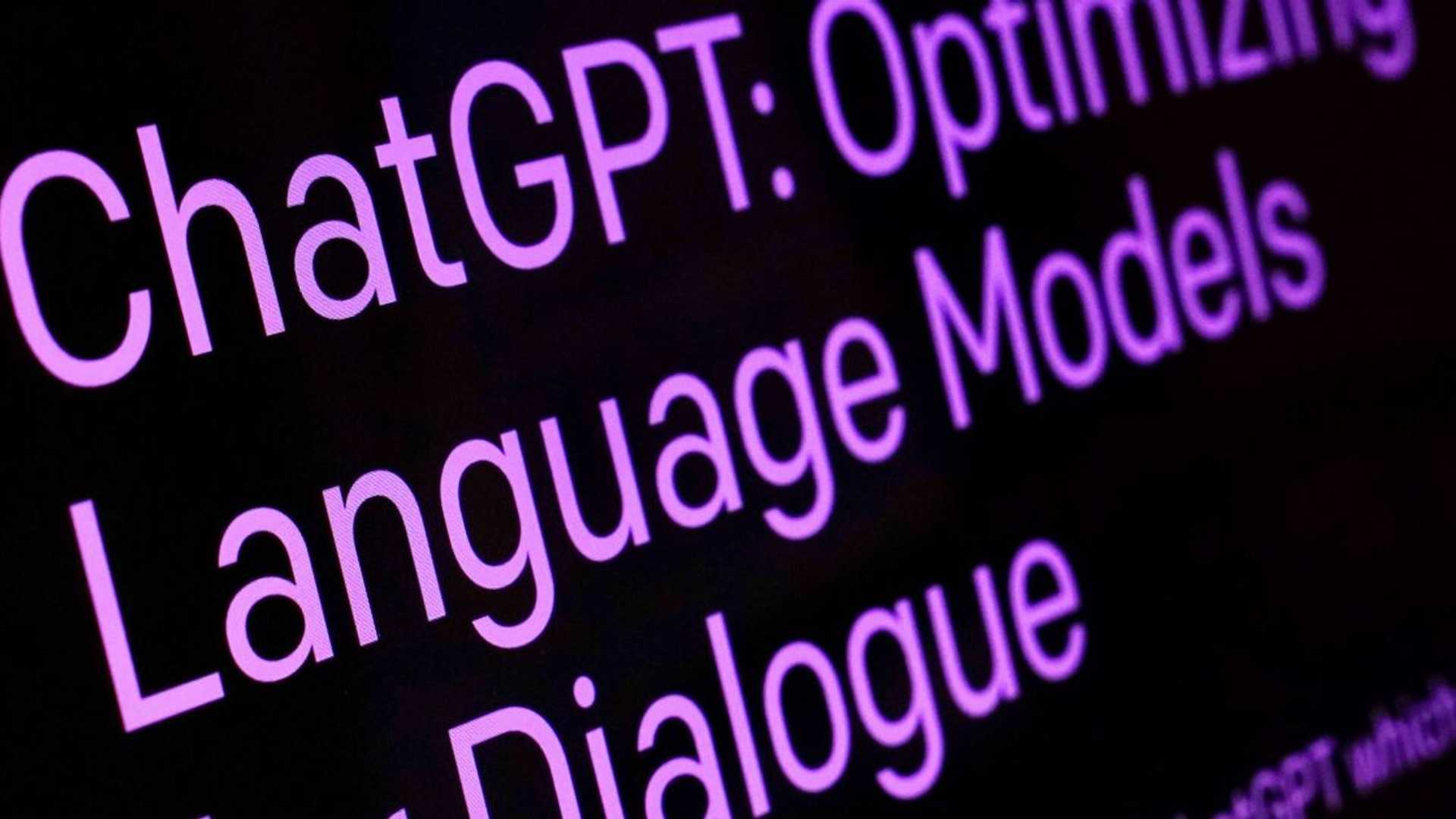Opinion: With artificial intelligence programs now ubiquitous, do we still know who is writing letters to the editor?
Letters to the editor are a unique and important form of audience engagement in today's world increasingly dominated by automation and anonymity. When someone writes a letter to a newspaper, they know that there are real people reading and vetting their message before it is published. This gives a level of authenticity and accountability that is often lacking in other forms of media.
Until recently, the requirements to have a letter published in a reputable publication like The San Diego Union-Tribune were pretty simple: a name, a community, and a contact phone number for verification. However, advances in artificial intelligence (AI) programs mean that this could change in the future.
With AI programs like ChatGPT, now anyone can have a computer program do the actual writing when given a few simple parameters. This raises the question of whether we will still know who is writing letters to the editor if they are written in part or in total by an AI program.
While some may argue that using an AI program to formulate arguments is no different than using internet search engines for research or apps to check grammar and spelling, others may see it as unfair competition for real writers. The use of AI programs also raises concerns about plagiarism and copyright infringement.
As of now, the only way to know if an article was written in part or in total by an AI program is to use another AI program. This creates a new set of issues and challenges for publications that want to maintain their standards of authenticity and accountability.
While holding writers to the honor system may be the only solution for now, it is important for editors and readers to be aware of the potential for AI programs to be used in letter-writing and other forms of media. The question remains: with AI programs now ubiquitous, do we still know who is really behind the words we read?




















